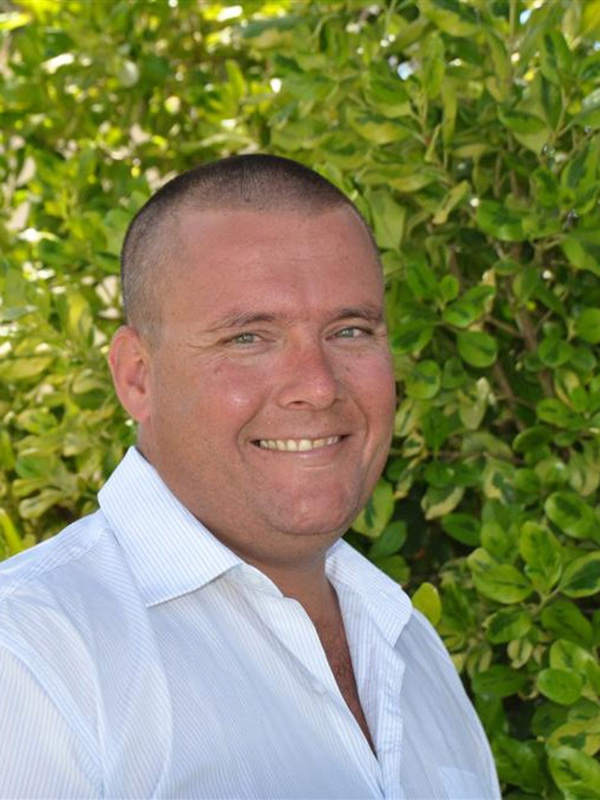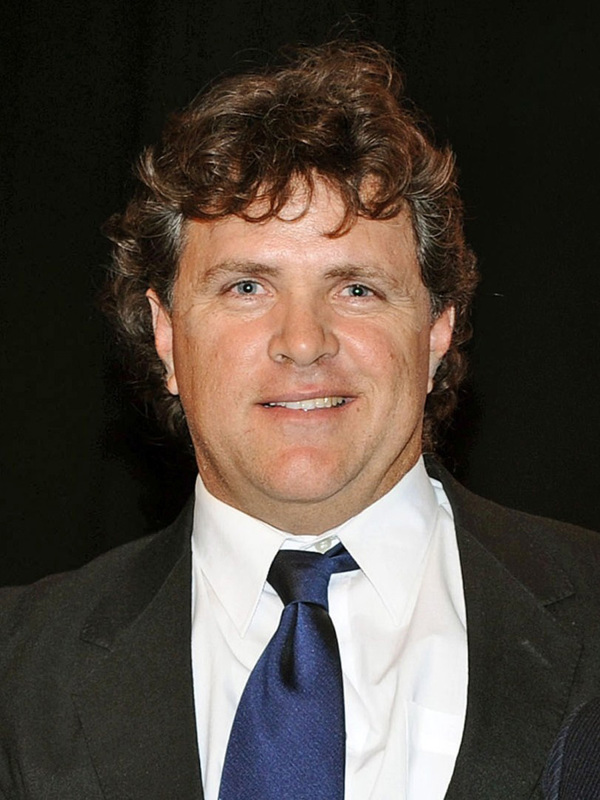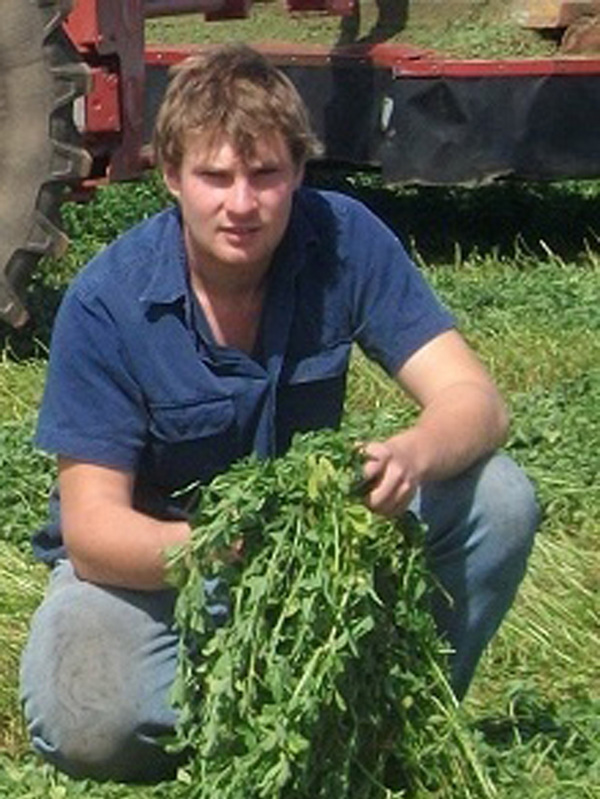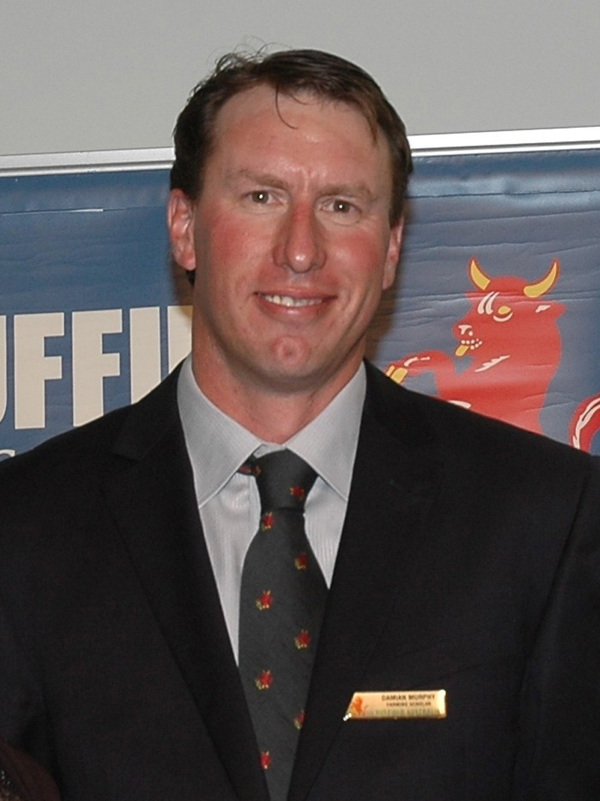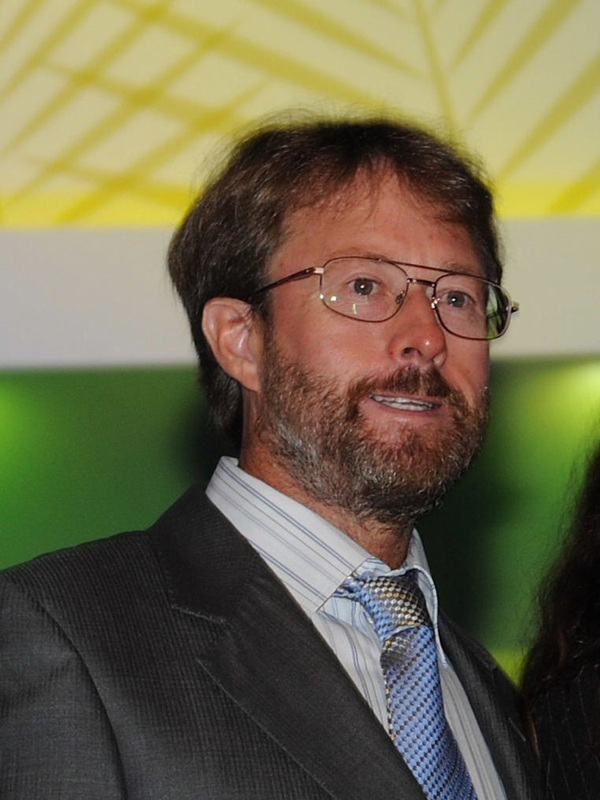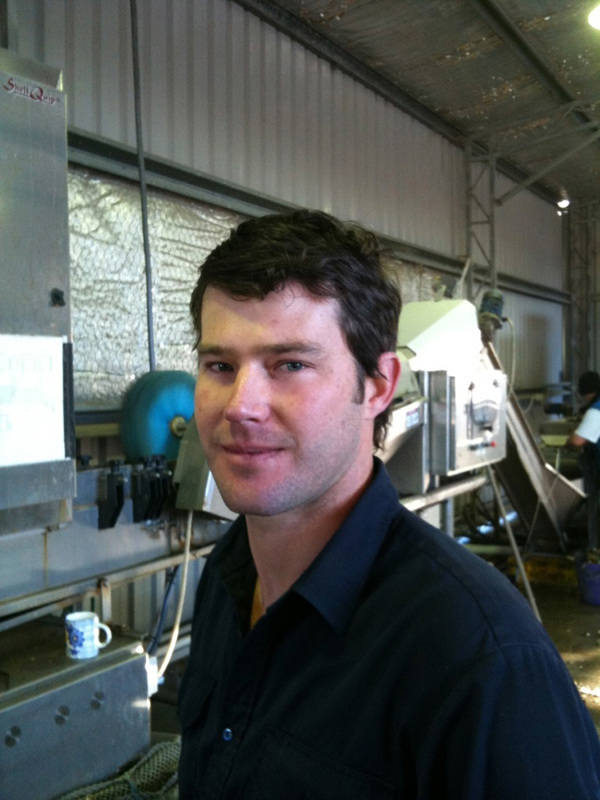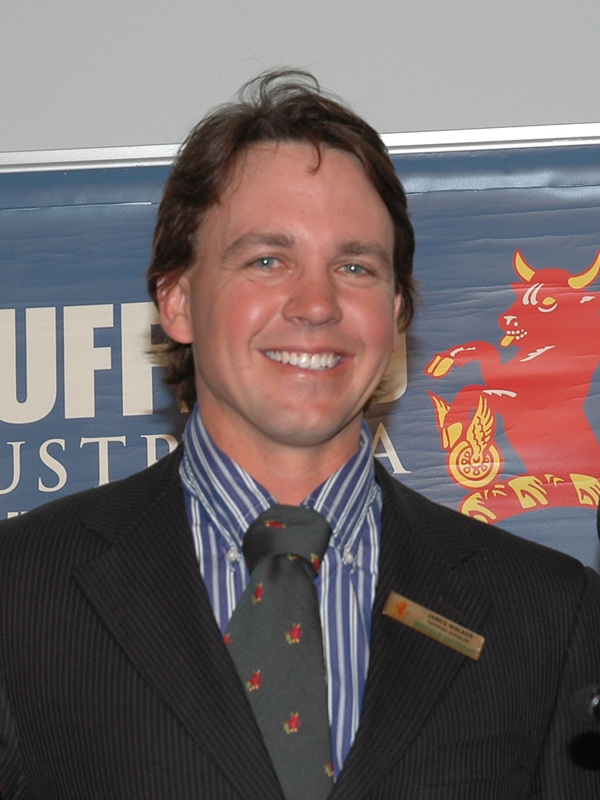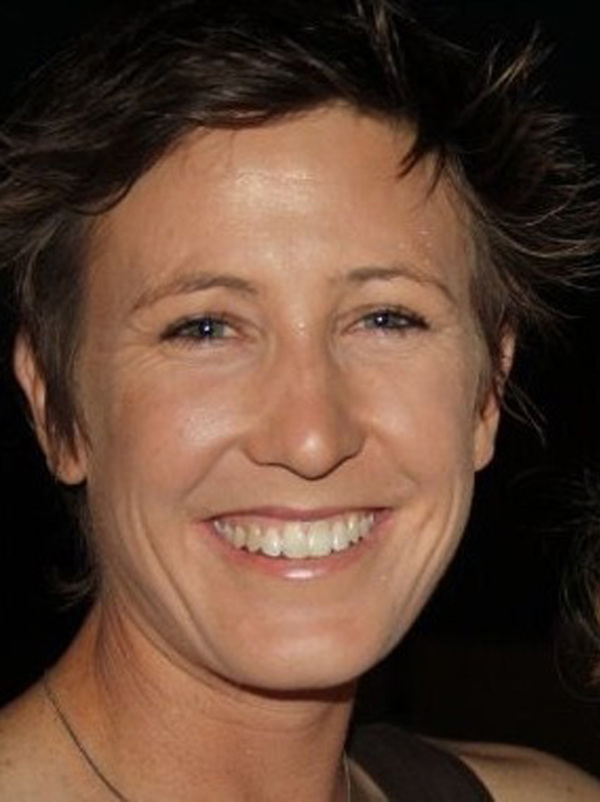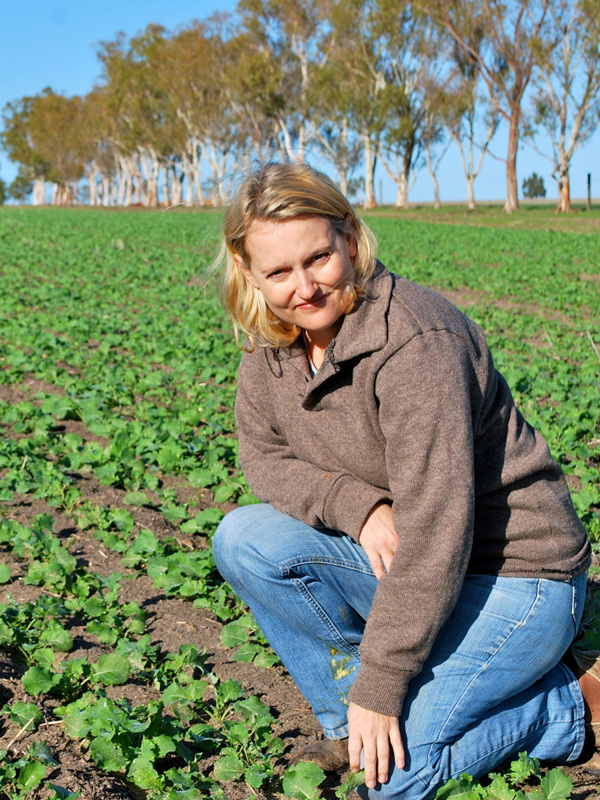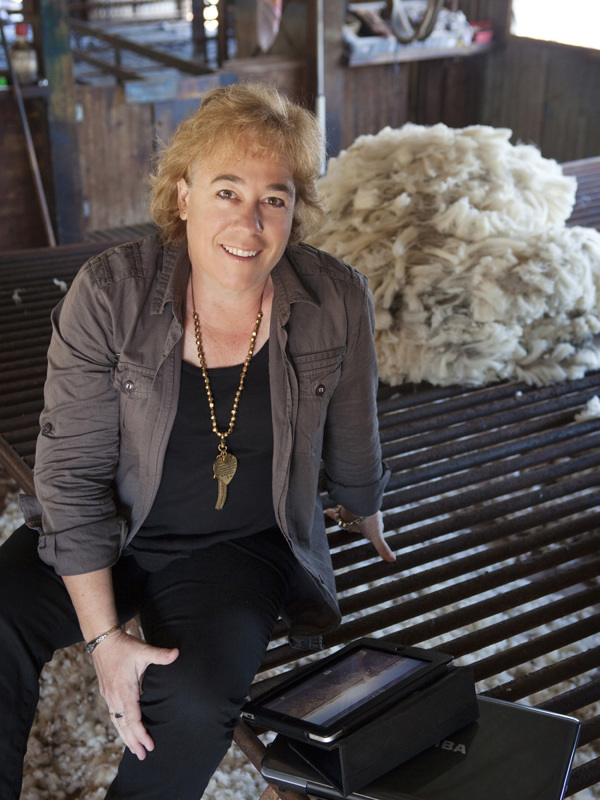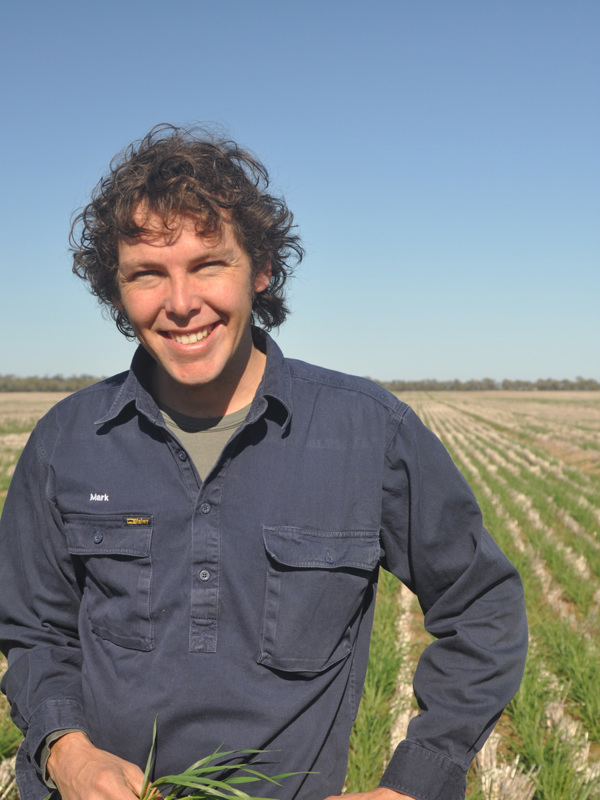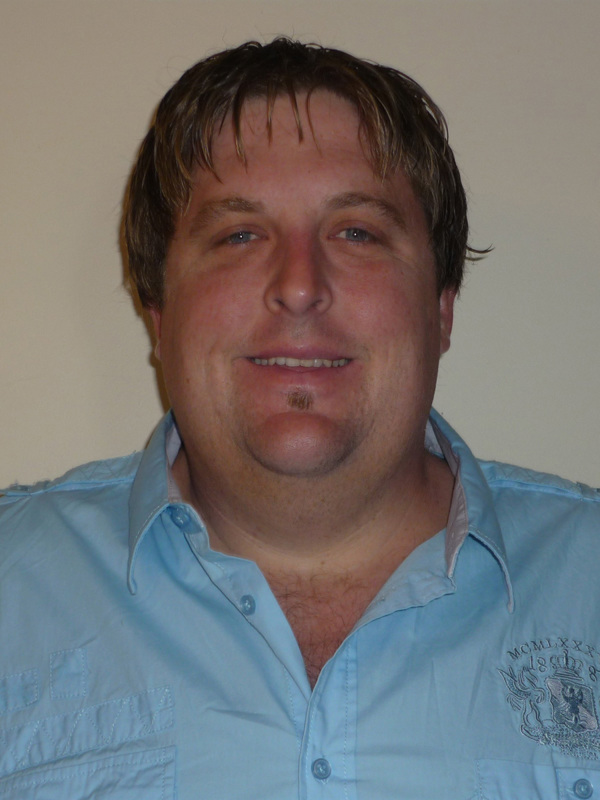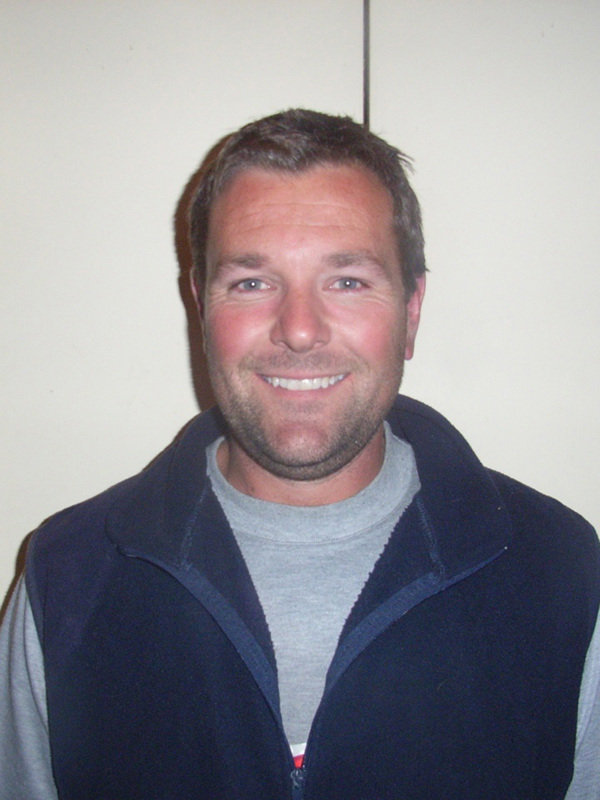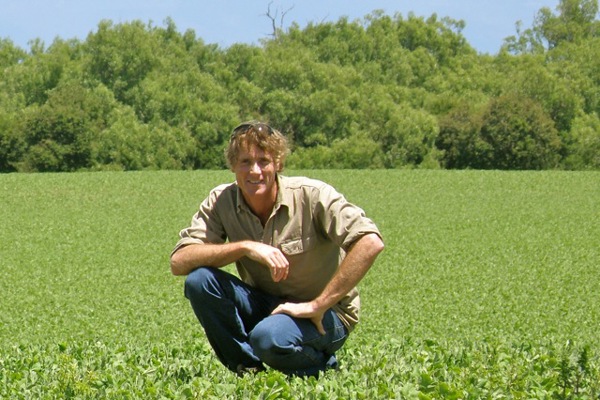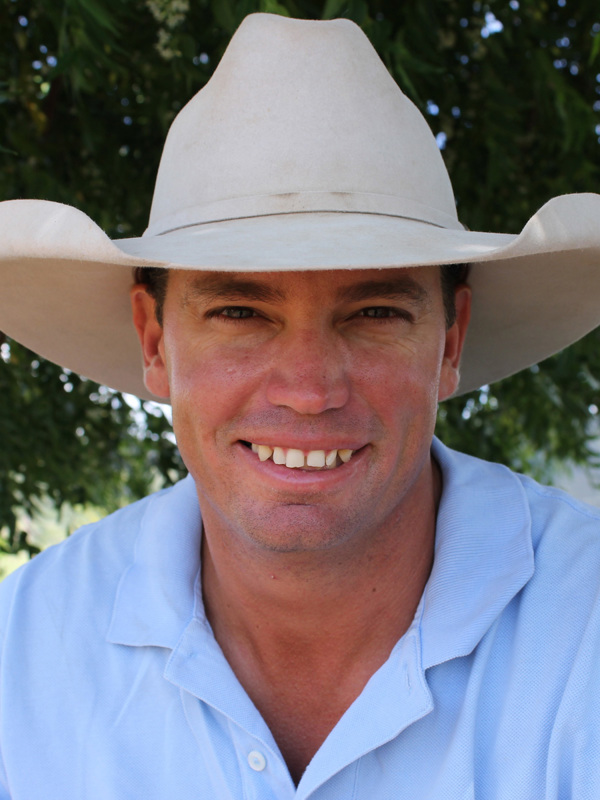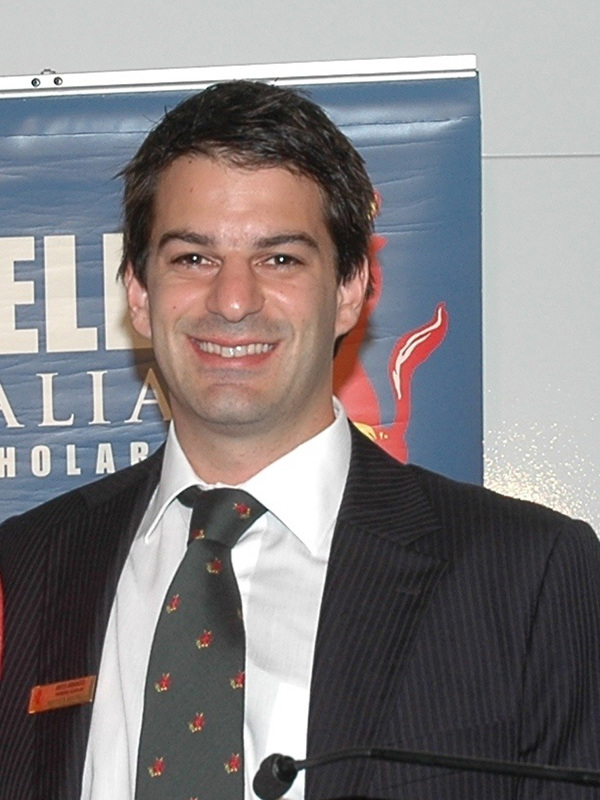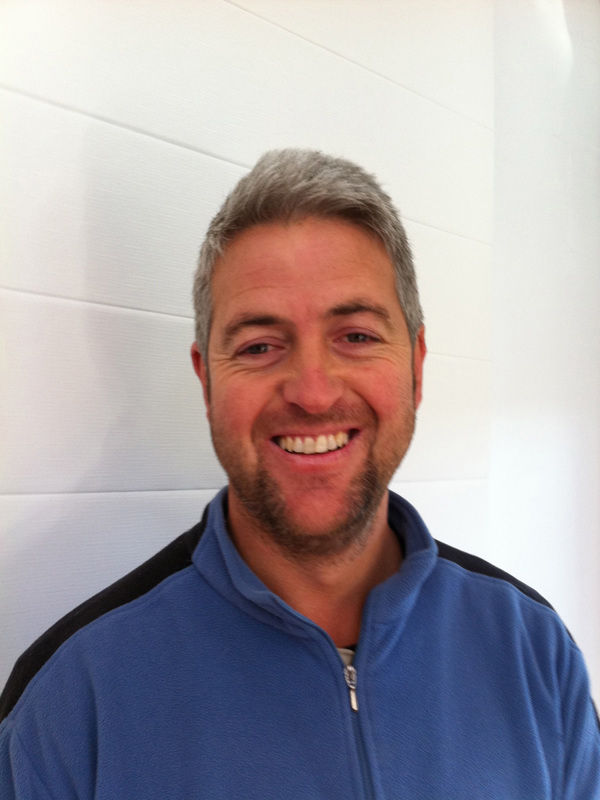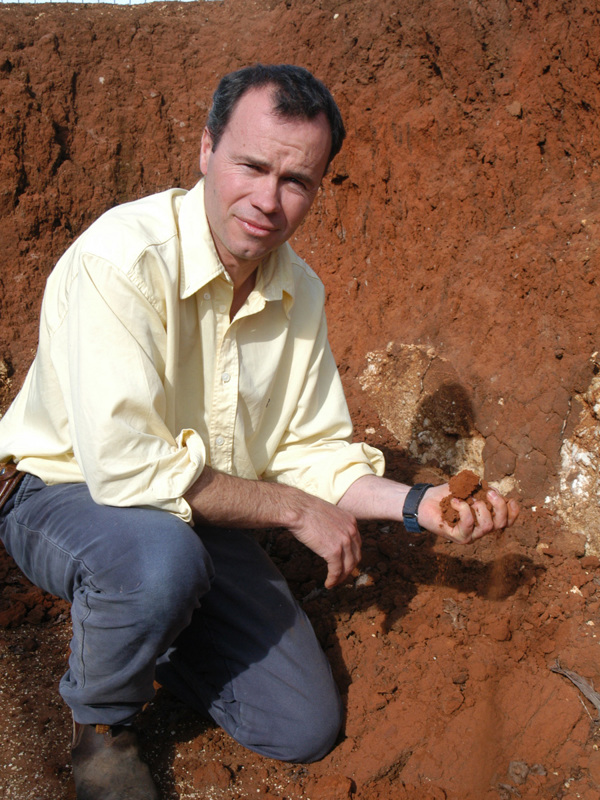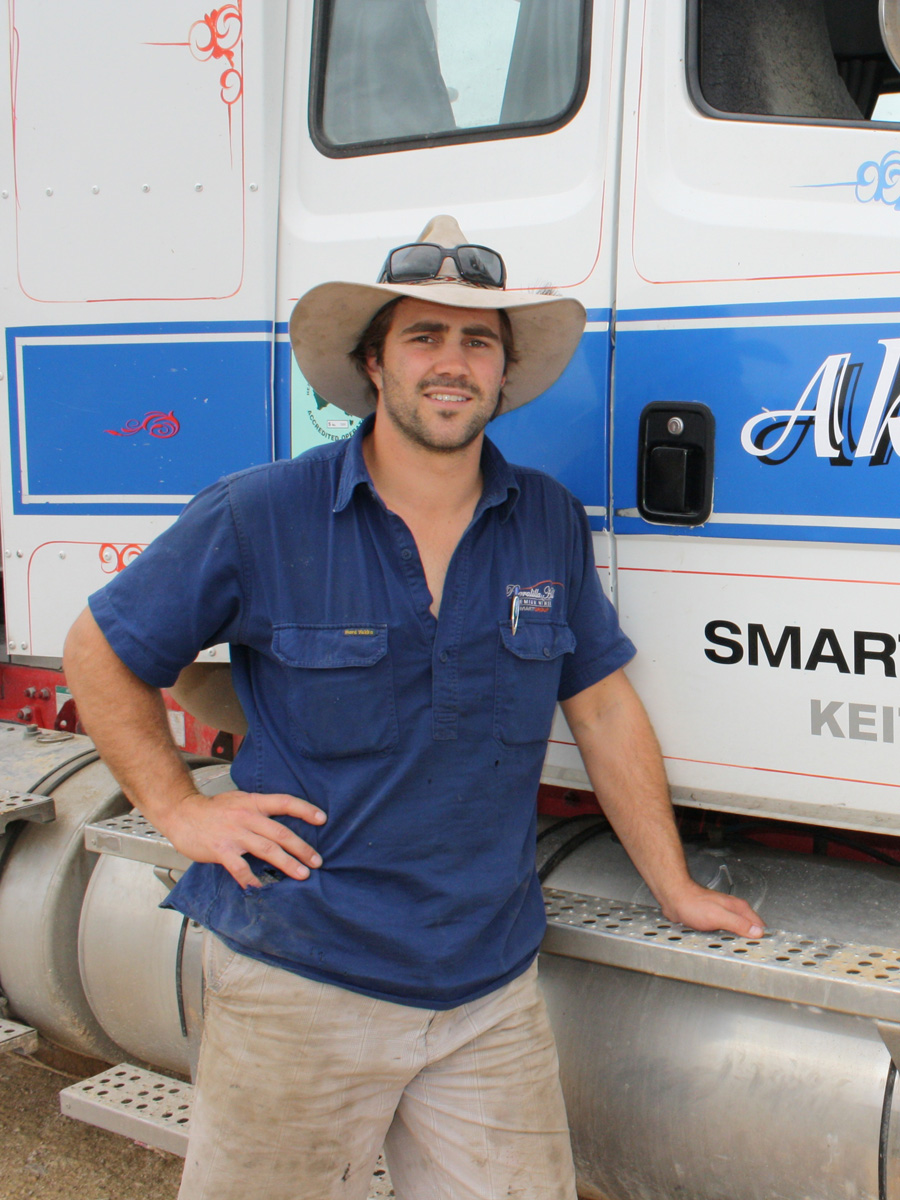
Ryan Smart
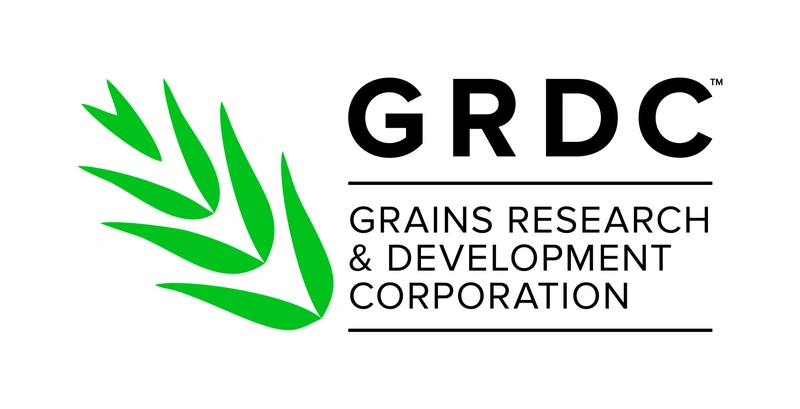
Without changing his farming practices to a lower cost system, Ryan Smart couldn’t see a sustainable future in agriculture. It was with this in mind that he applied for a Nuffield Scholarship. With increasing costs a fact of life in agriculture, Ryan hoped to investigate efficiencies he could bring to his family’s diversified farming system. With such a broad topic, everything from new technologies to practical applications was on the table.
“Our costs were ever-increasing and I guess I just didn’t see a sustainable future in agriculture with our current farming practices, and I just thought that we needed to really focus on our energy efficiencies and try and capitalise on that,” Ryan observed.
Ryan was surprised to find how farmers around the world were using new technology to make farmwork more efficient and ultimately produce a more cost-effective system.
“I found a lot of information in Canada with some farmers that were doing amazing things with their soils and using amazing things with their soils and using amazing technology to run their farms that had changed the whole way that they were farming, by getting more precise and better information about what they’re growing. A lot of the technology in these advancements had come from The Netherlands and the Dutch especially had been selling land out of The Netherlands for large sums of money and going and buying very productive land in Canada and they were just doing amazing things, so to see the development and the change that’s happening in these types of countries was just amazing,” Ryan says.
With running such a diversified business, there was a range of things he could have investigated, making it a challenge to keep it focused. While areas such as soil health management and livestock efficiencies were of interest, it was cropping technology Ryan found particularly interesting.
“I came across Pixel Intelligent (PI) Mapping and emissions technology that was just amazing and is producing huge amounts of information on growing crops that we’ve never had before which has the ability to change the way we farm – it was these technologies that are being adopted into agriculture that really got me ticking,” Ryan observed.
He hopes the technology he has seen on his Nuffield travels will not only be in use on his property, but also be much improved by 2023.
“Current emissions technology has produced positive and successful rates of improvement, so I will hopefully be using systems that are well advanced from what they are now, that are working for zero emissions and actually be a food for soils as well with exhaust emissions. Also I see a great future with PI mapping, which is just amazing technology using satellite imagery and a whole range of other information such as evaporation and precipitation to make an intelligent pixel of the specific crop that you’re growing. I hope I can adopt systems like that as soon as possible in our farming operations for us to try and do what we do better,” Ryan predicts.
While he believes it’s too hard to put a dollar figure on the potential benefits from adopting these new technologies until they are tried and tested in Australian-specific conditions, he is confident there are huge efficiencies to be gained.
